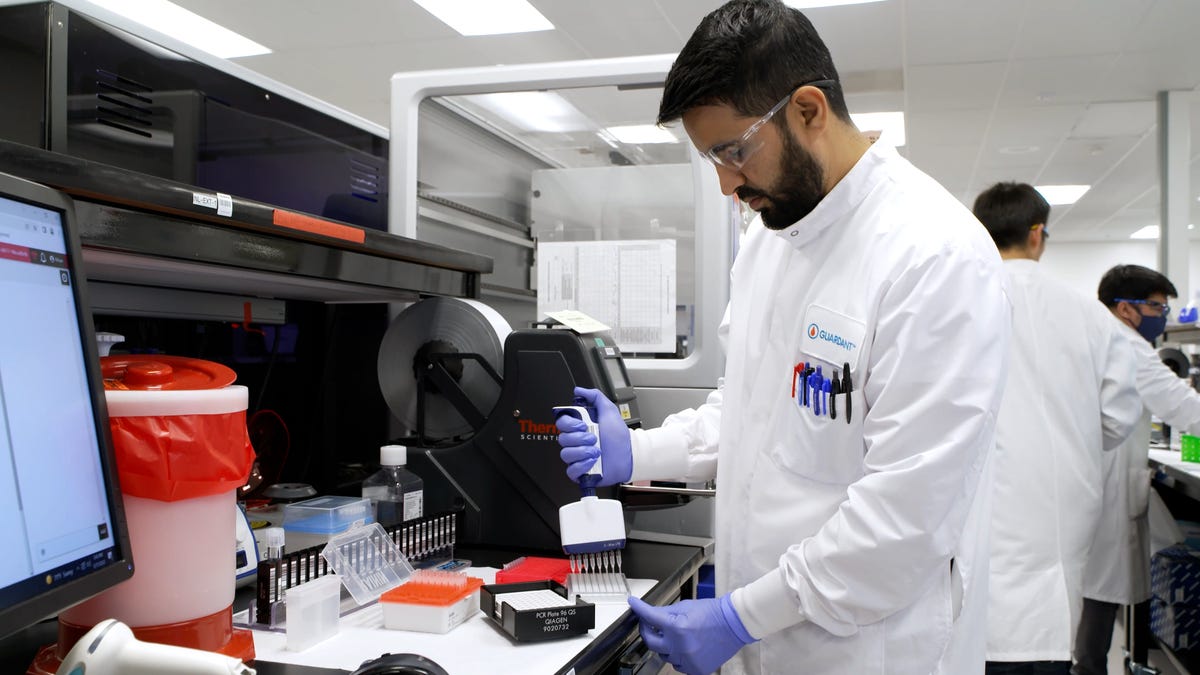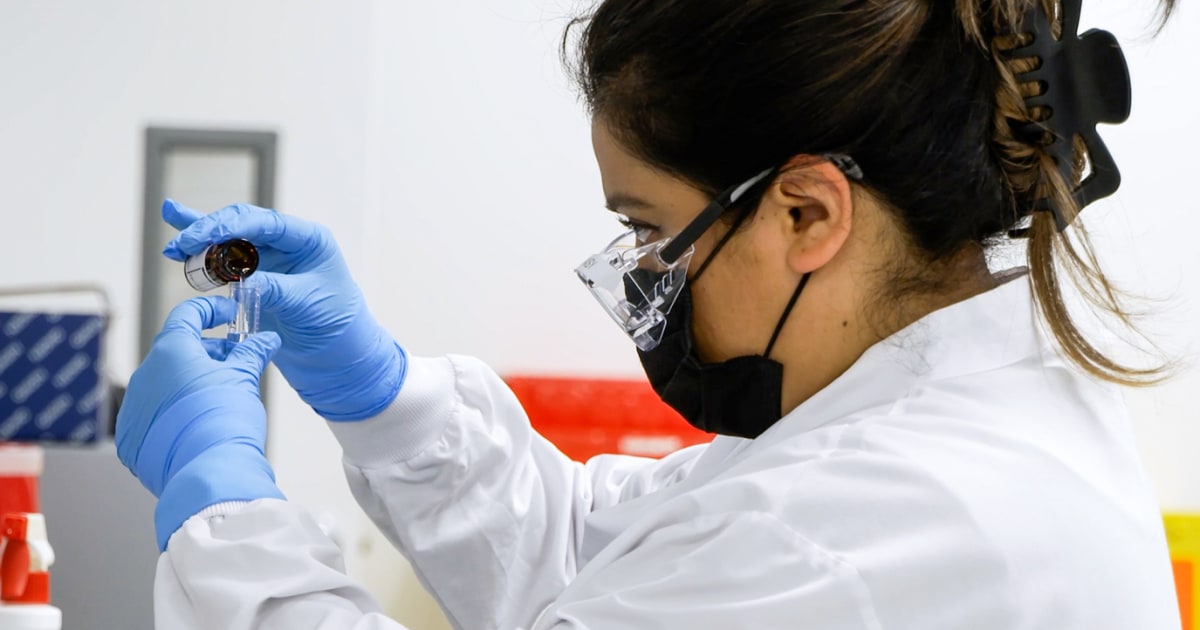
A new blood test for colon and rectal cancers, called Shield, has been approved by the Food and Drug Administration (FDA) as a primary screening option for adults over 45 years old. This is the first blood test to receive such approval from the FDA.
The Shield test, developed by Guardant Health, looks for cancer signals from DNA shed by tumors in the bloodstream. It has an 83% sensitivity in detecting people with colorectal cancers and 88% sensitivity in detecting stage I, II, and III colorectal cancers.
Colorectal cancer (CRC) is the second deadliest cancer in the United States, with over 150,000 expected diagnoses and more than 53,000 deaths in 2024. One in three eligible people do not get CRC screenings due to accessibility and reluctance towards other options like colonoscopies and fecal sample tests.
The less invasive Shield test could appeal to a significant number of people who are resistant to other screening methods. However, it is not as good as colonoscopies or fecal sample tests at detecting precancerous growths.
CRC is the second deadliest cancer in the US, and one in three eligible adults do not get screened for it. The FDA's approval of Guardant Health's Shield test as a primary screening option for CRC marks a significant step forward in making more convenient tools available to detect this disease early and reduce mortality.
The American Cancer Society projects that over 150,000 people will be diagnosed with CRC in 2024, and the disease will be responsible for more than 53,000 deaths. The FDA's approval of Guardant Health's Shield test as a primary screening option for CRC is expected to encourage more people to get screened and potentially save lives.
The Shield test has already been available to doctors at an out-of-pocket cost of $895. With the FDA approval, Medicare and private insurance companies are more likely to cover the cost of the blood test, making it more accessible for patients.




